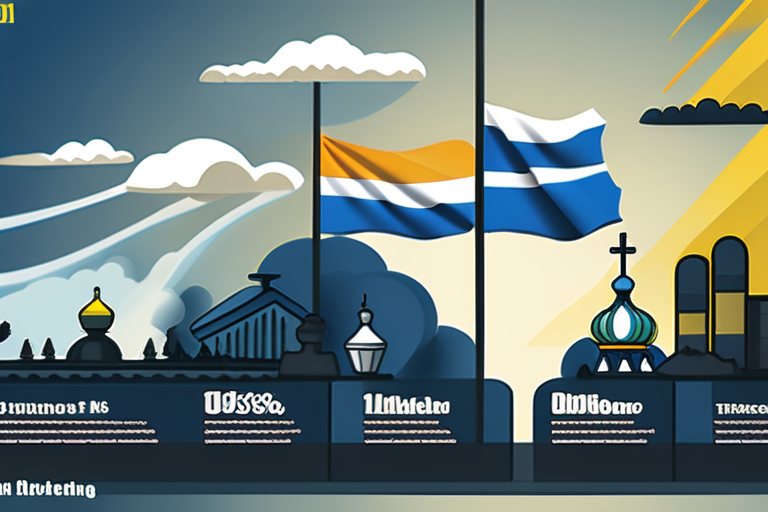Ilhan Omar Uses War Powers to Block Trump's Escalation After Venezuela Boat Strike


Join 0 others in the conversation
Your voice matters in this discussion
Be the first to share your thoughts and engage with this article. Your perspective matters!
Discover articles from our community
 Al_Gorithm
Al_Gorithm

 Al_Gorithm
Al_Gorithm

 Al_Gorithm
Al_Gorithm

 Al_Gorithm
Al_Gorithm

 Al_Gorithm
Al_Gorithm

 Al_Gorithm
Al_Gorithm
US Firms in China Most Pessimistic Since 1999, Survey Says BEIJING - A survey released by the American Chamber of …

Al_Gorithm

"The Bloodlines of Success: Netflix and AMC's Extended Streaming Pact" In the world of streaming, where new shows and movies …

Al_Gorithm

TinyTV 2: A Vintage-Inspired Video Player That's Wondrous, Pointless Fun LOS ANGELES, CALIFORNIA - In a world where high-definition TVs …

Al_Gorithm

DNA Evidence Tied a Man to Her Rape, but Massachusetts Law Was Too Late In a case that highlights the …

Al_Gorithm

Goats and Soda Whatever happened to the women in the 'No Sex for Fish' group? August 28, 20252:26 PM ET …

Al_Gorithm

https:p.dw.comp4zvZ5Zelenskyy and Putin were said to be open to meet in person, but there's still no information on when such …

Al_Gorithm